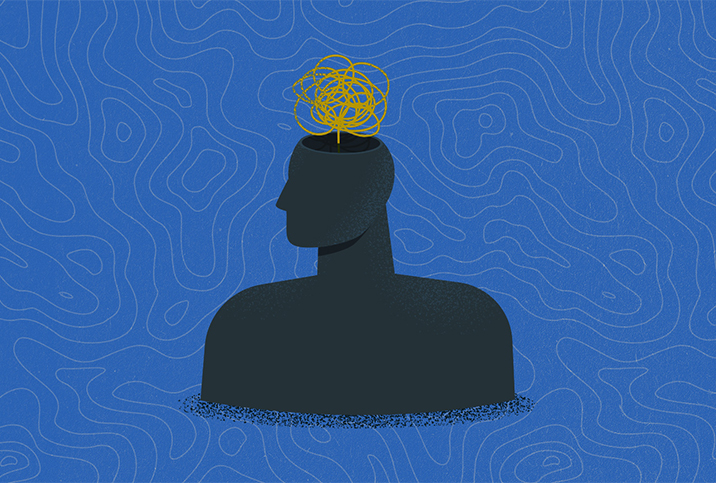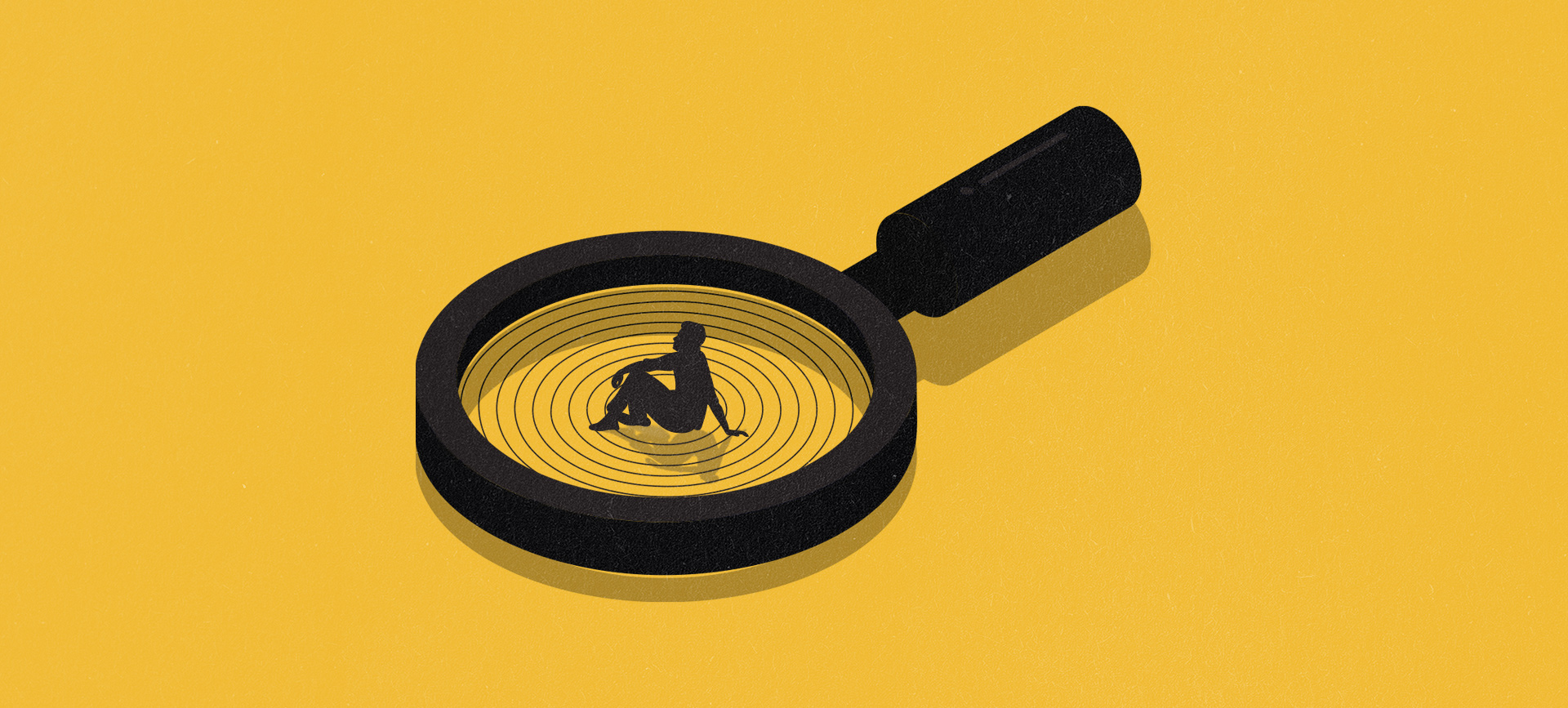Though open and honest conversations about mental health issues have become more common and accepted, there are still plenty of misconceptions about how mental illnesses—and the people who have them—look in everyday life. This is an especially critical issue as more than 20 percent of adults older than age 18 live with mild to severe mental illness.
Mental health requires the same care and attention that physical health does. Prevention—when possible—early detection, treatment and support are essential to avoid the various complications that accompany mental illness. However, people who need help may not ask for it if it remains heavily stigmatized—a barrier only overcome through educated conversation.
Over the next five weeks, we'll give you the information you need to better understand what it's like to live with and be treated for conditions such as eating disorders, schizophrenia, depersonalization/derealization disorder, ADHD and more. We'll also hear from people who have lived through the challenges that often arise when pursuing treatment or seeking support. In these articles, you will find information that will help you better understand these complex issues—for yourself or for your loved ones.











